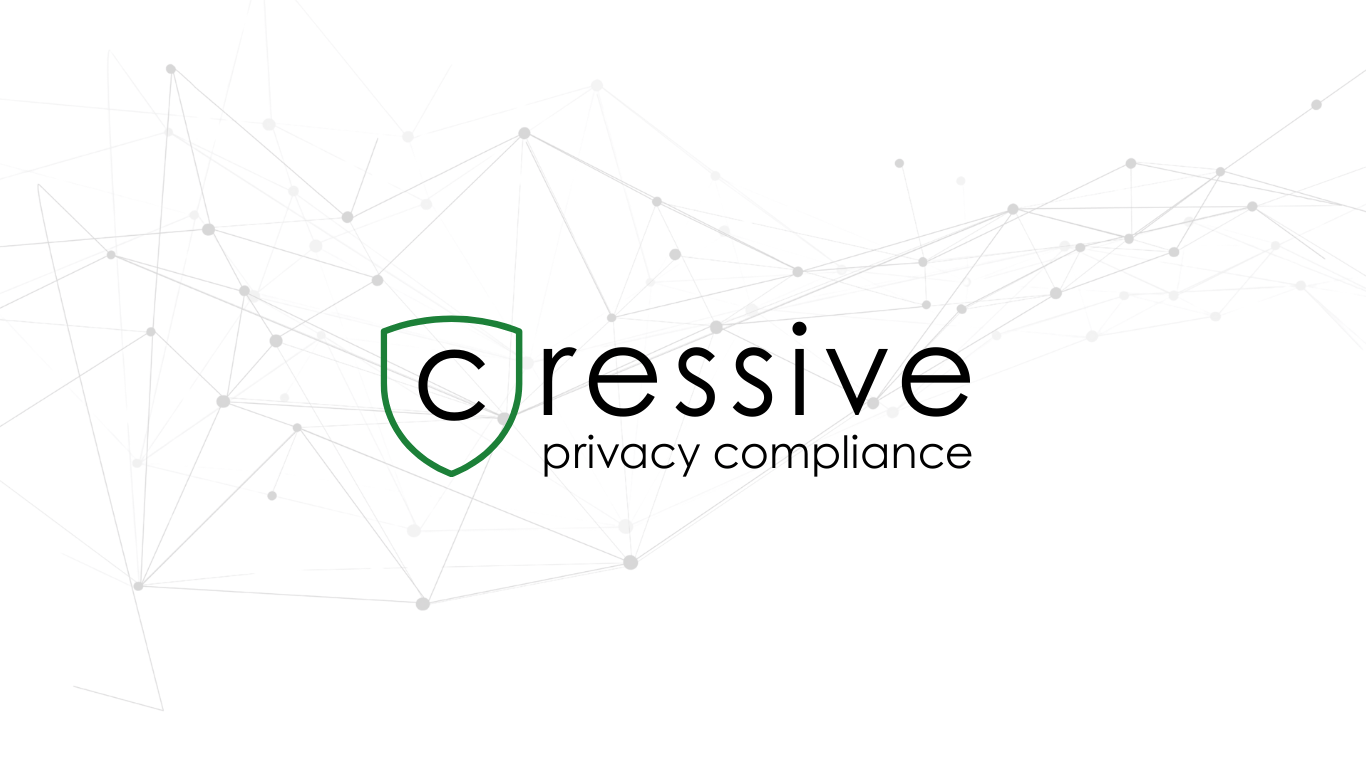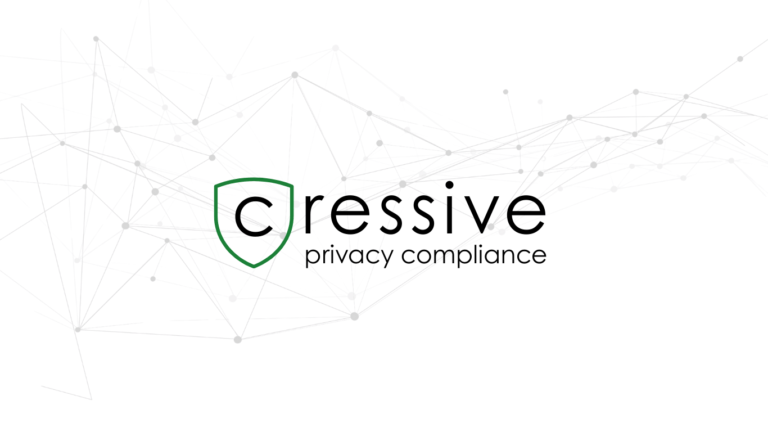Why Marketing Teams Struggle with Privacy Compliance
How current compliance tools create campaign delays and attribution gaps
Let’s face it – marketers don’t like privacy compliance. And for good reason.
Cookie consent banners spoil user experience and destroy attribution. Many marketing teams see 30-70% of their traffic disappear from analytics when privacy compliance goes live, making successful campaigns look like failures.
Privacy compliance also slows down marketing operations. New campaigns need to be signed off by privacy teams before deployment. In regulated industries like healthcare and financial services, these approval processes can delay time-sensitive campaigns.
Marketing teams who launch without approval risk having campaigns rolled back when privacy teams discover GDPR, CCPA, or other regulatory violations.
So, in short, because of these three main tugs-of-war (tug-of-wars 🤔), marketing and privacy compliance functions don’t get along.
Below we explain why with Cressive Privacy Compliance, it doesn’t have to be that way.
Problem 1: Cookie Consent Banners destroy attribution
Campaigns continue driving conversions, but analytics show a different story. After implementing privacy compliance, marketing teams typically see:
- 30-70% drop in tracked traffic and events
- Conversions happening that don’t appear in attribution reports
- Campaigns that seem to underperform because you can’t measure their true impact
- Budget allocation decisions based on incomplete data
Revenue numbers prove customers are still converting, but when most users decline tracking, analytics data becomes incomplete. You end up optimising campaigns for users who accept cookies while missing data on users who decline but still convert.
In regulated industries with strict privacy requirements, this data loss becomes more severe.
✗ No Cookie Consent or Privacy Compliance Tool solves this problem
Current cookie consent or privacy compliance tools focus on blocking tracking rather than recovering insights. Most solutions treat privacy and marketing as separate concerns:
- Privacy/CCM tools: Help with compliance (to an extent ) but don’t address the resulting attribution gaps. The impact to analytics remains disconnected and unknown.
- Google’s conversion modelling: Google conversion modelling through the newly rolled out GCMv2 is highly controversial and may not be compliant to GDPR. Secondly, it can only model part of the lost analytics data. And it provides no insight into privacy compliance itself.
✔ Cressive DX rebuilds your analytics data for full attribution
Privacy-compliant attribution reconstruction that recovers marketing visibility:
- CMP data integration: Uses consent flow data from major CMP providers to understand actual traffic composition
- Dimensional reconstruction: Rebuilds missing analytics using detailed data patterns (channel, device, location, behavior) from users who accepted tracking
- Attribution recovery: Reconstructs customer journeys and conversion paths that privacy compliance removed
- Campaign-level insights: Shows performance across all users, not just tracked users
This approach provides both privacy compliance and marketing intelligence rather than requiring a choice between them.
Problem 2: Compliance processes delay marketing campaigns
New campaign launches often get delayed by privacy compliance reviews. When launching campaigns with new tracking pixels, remarketing audiences, and conversion attribution across platforms like Google, Facebook, and TikTok, privacy scanning tools flag many “unclassified requests.”
These tools typically can’t differentiate between:
- Essential cart abandonment tracking (functional)
- New Facebook Conversion API calls (marketing)
- Google Analytics enhanced ecommerce tracking (analytics)
Manual categorisation of each request delays campaign approval. Privacy/ compliance teams often need days to review new tracking implementations, which can cause campaigns to miss planned launch windows.
✗ Nearly all Privacy tools need manual categorisation of trackers
Traditional privacy tools create marketing delays because they:
- Require manual classification: Every new tracker needs human review and categorization
- Can’t distinguish business purpose: Similar-looking pixels may serve different functions
- Lack marketing context: Don’t understand campaign types or marketing technology integrations
- Operate on different timelines: Compliance review schedules don’t match campaign deployment needs
- Default to blocking: Flag potential violations rather than providing intelligent categorization
✔ Cressive AI categorises all tracking technologies without any manual input

Our super-smart Privacy Compliance agent, Cressive AI, understands both digital marketing and privacy law. It helps us achieve:
- Instant categorization: New tracking pixels get automatically classified by business purpose and regulatory risk
- Marketing intelligence: Differentiates cart abandonment from advertising retargeting, conversion measurement from audience building
- Campaign-aware scanning: Understands Google Ads, Facebook Campaigns, and marketing automation in context
- Risk-based approvals: No-risk functional tracking gets approved automatically; high-risk advertising pixels get flagged.
Problem 3: Fast-moving campaign violations remaining undetected
Marketing automation updates can break consent management integrations without immediate detection. Users click “reject all” but conversion tracking, remarketing pixels, and attribution platforms continue collecting data.
These breaks often go undetected for months. When discovered, they reveal extended periods of potential privacy violations across multiple campaigns, creating significant levels of regulatory risk.
✗ Most Privacy Compliance tools miss fast-changing
Privacy compliance tools often miss ongoing violations because they:
- Scan infrequently: Monthly or Quarterly scans miss campaign changes, often made by agencies
- Detection Limitations: Most tools cannot flag network requests without pre-classification.
Marketing campaigns operate continuously while privacy scanning happens on schedules.
✔ Cressive Privacy Compliance keeps you compliant
Continuous compliance monitoring with marketing platform awareness enables “within-the-day” remediation.
- Fast detection: Integration breaks get identified within hours rather than months
- Holistic Violation detection: we cover everything from cookies to finger-printing and every possible type of tracking technology in between. So a previously unseen tracker is detected and flagged within hours of being deployed on a webpage.
- Automated alerts: Immediate notification when marketing campaigns violate privacy law.
- Campaign-specific remediation: Guidance on fixing consent integration in specific marketing platforms
The Business Impact
When privacy compliance tools aren’t built for marketing operations, several problems compound:
- Attribution gaps: Making campaign decisions based on partial data while missing complete audience insights
- Launch delays: Campaign delays during manual compliance reviews, especially during competitive periods
- Undetected violations: Campaigns running with broken consent enforcement, creating regulatory risk
Marketing teams that avoid these problems use privacy infrastructure designed for marketing operations rather than just compliance checking.
Privacy compliance doesn’t have to mean choosing between marketing intelligence, campaign speed, and regulatory safety.





